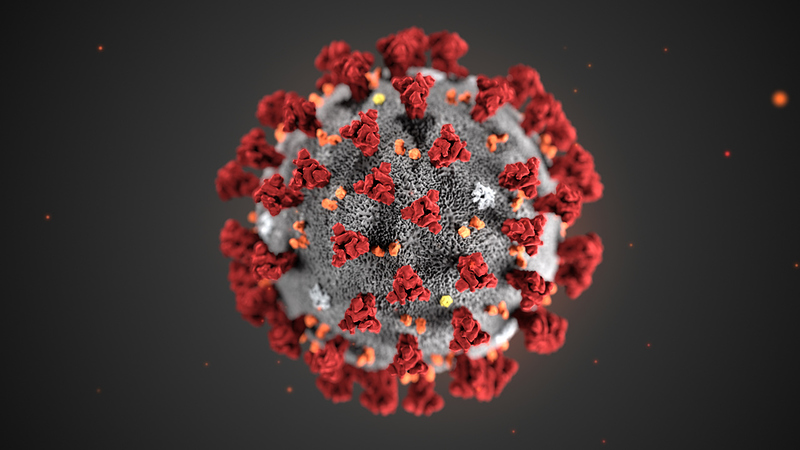At the New Inquiry, Angela Mitropoulos challenges the conventional wisdom that medical quaratine is an effective tool to combat the corona virus. Pointing to studies showing that quarantines do little to stop the spread of disease, Mitropoulos argues that their real purpose is political and financial. In the case of the corona virus, the quarantine reinforces ethnic stereotypes and provides business opportunities to pharmaceutical companies. Check out an excerpt from her piece below.
Measures other than quarantine have been found much more effective in preventing widespread contagion. In a lengthy review of the research on the comparative effectiveness of a number of measures (short of vaccines and antiviral drugs) to prevent the transmission of respiratory viruses—screening at entry ports, medical isolation, quarantine, social distancing, barriers, personal protection, and hand hygiene—the use of surgical masks and regular handwashing emerged as the most consistently effective set of physical interventions. The review also found that the medical isolation of symptomatic patients was important but that “global measures, such as screening at entry ports, led to a non-significant marginal delay.”
As one scholar from the Johns Hopkins Center for Health Security has put it, “no one should think that there won’t be more cases” simply because there is a travel ban.
Yet even if one were to grant the dubious assumption that the transmission of diseases might be halted (or meaningfully slowed) through territorial restrictions on people’s mobility, the genomic identification of a new strain of virus—while accelerated by the introduction of automated genome sequencing—would invariably occur subsequent to its appearance. In any event, expenditure and focus on quarantine restrictions tend to represent a redirection of resources away from measures likely to be more effective in both the immediate and longer term.
That is, quarantines often exacerbate viral dangers, because they foster the illusion that the isolation of a virus is synonymous with (or achievable through) the territorial confinement of groups of people, whose confinement is determined not by whether they are symptomatic or diagnosed with a disease but by a purportedly preemptive measure that uses nationality and geography as a proxy for exposure.
Illustration of the 2019 Novel Coronavirus (2019-nCoV) by CDC / Alissa Eckert, MS; Dan Higgins, MAM. Via Wikimedia Commons.
